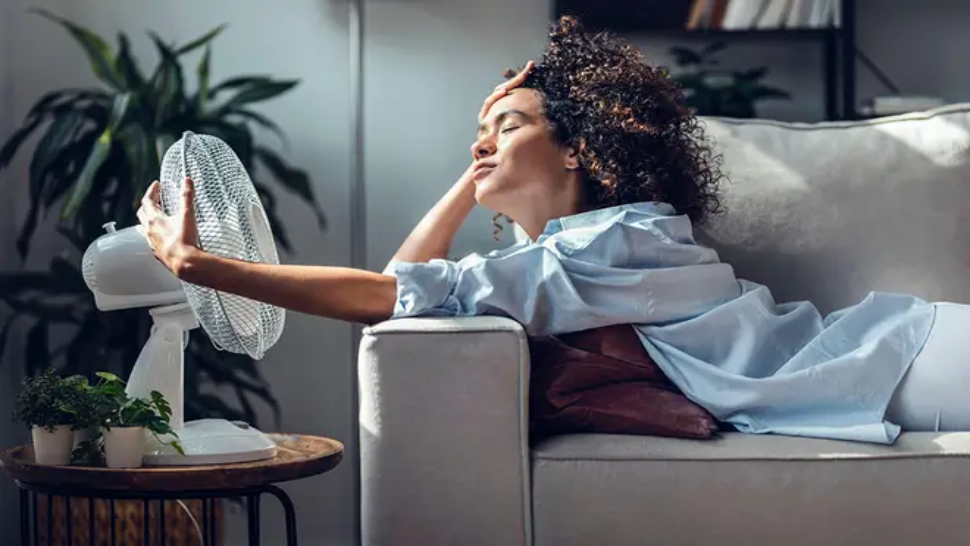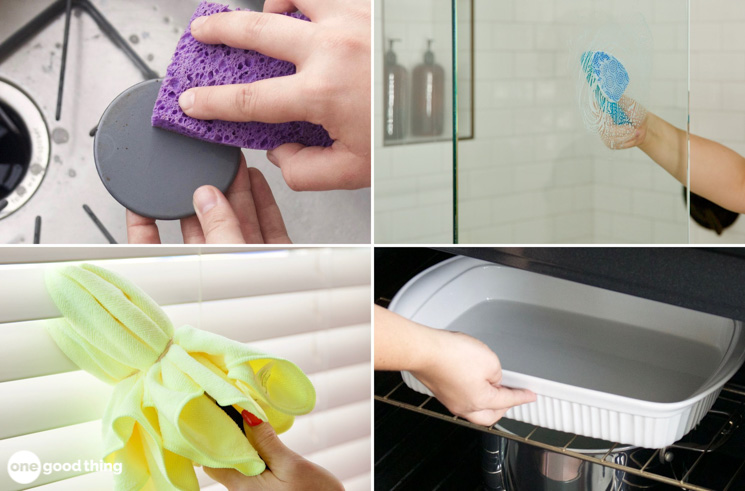This summer, you can cool your home and yourself while being kind to the planet. Here’s how.
Summer is synonymous with BBQs, beach cricket, and swimming in the pool.
There are times when the harsh sun of summer is not so enjoyable and you want to turn up your air conditioner at home.
It’s happened to all of us the times when we just want to freeze our house and not worry about the next quarter’s energy bill. It’s important to keep in mind that the high energy consumption associated with cooling homes during summer contributes to global warming and greenhouse gas emissions.
These 10 tips will help you save money and be more environmentally friendly while keeping you and your home cool.
1. Close your blinds
Close your blinds, especially those facing north or west, to cool your house. Better yet, consider blocking out your windows with block-out curtains.
2. Block the heat
Spending less money on cooling your home is possible if you stop heat from entering the house. Use external coverings like blinds, large potted plants, or awnings to shade windows and walls. Deciduous trees will shade your home during the summer but allow sunlight to shine through during winter. If you have the funds, consider investing in window tinting or adding more insulation to your ceilings. This will help you keep warm in winter.
3. Just 1oC More
Set the temperature of your air conditioner to 24-27 or C if you need it. Or, you can set it as high as is comfortable for you. In warm weather, increasing your thermostat just by 1 or C can save you up to 10% on your appliance’s running costs.
When upgrading your air conditioner, choose one that has a high rating in energy efficiency. Do your research and make sure you select the right air-conditioner type for your home.
4. Ceiling fans can be adjusted
You might think that ceiling fans are just pushing hot air around the house, rather than cooling it. You’re right – ceiling fans that don’t rotate counter-clockwise can do just that.
In summer, set your ceiling fan to rotate anti-clockwise to force air down and create a cooling sensation. Set it to clockwise rotation in winter to draw cool air upwards. Set the fan to high speed in warmer weather and low speed for cooler weather. Ceiling fans are also used to complement other cooling methods. Checking that they rotate in the right direction will make a huge difference to your home’s temperature.
5. Seal gaps and close doors
Close doors in rooms that you don’t use to keep cool air in the areas you need. Use draught-extractors to seal gaps around windows and doors.
Open some windows and doors to improve airflow in your home.
6. Enjoy a night out with friends
Close your windows during the day and stay inside, but as the temperature drops in the evenings you might want to open them to let the air flow through your home. Just make sure to lock your doors at night!
It may be cooler to cook in the backyard, or even in the park. So take advantage of the cool breeze whenever you can.
7. Chill out and chill off, not the other way around
You can cool yourself down by drinking ice-cold beverages, applying a damp towel to your neck or other pressure points, or taking a cold shower.
8. Hack a fan
No air conditioning? No worries! All you need is a bowl of ice strategically placed to transform a fan into an icy mist machine. Use a shallow pan or bowl of ice to create a cool, icy breeze.
9. Choose cotton
Cotton fabrics are breathable, and they help you cool down. Wear loose, light clothing made from breathable fabrics such as cotton. Also, make sure your bed is covered with cotton sheets.
10. Change your lightbulbs
You may be able to find the cause of your cooling problems by checking out your light bulbs. Many homes in Australia still use incandescent or halogen bulbs, despite their phase-out. Switching to energy-saving light bulbs such as LEDs can cool your house and help you save money on energy.


